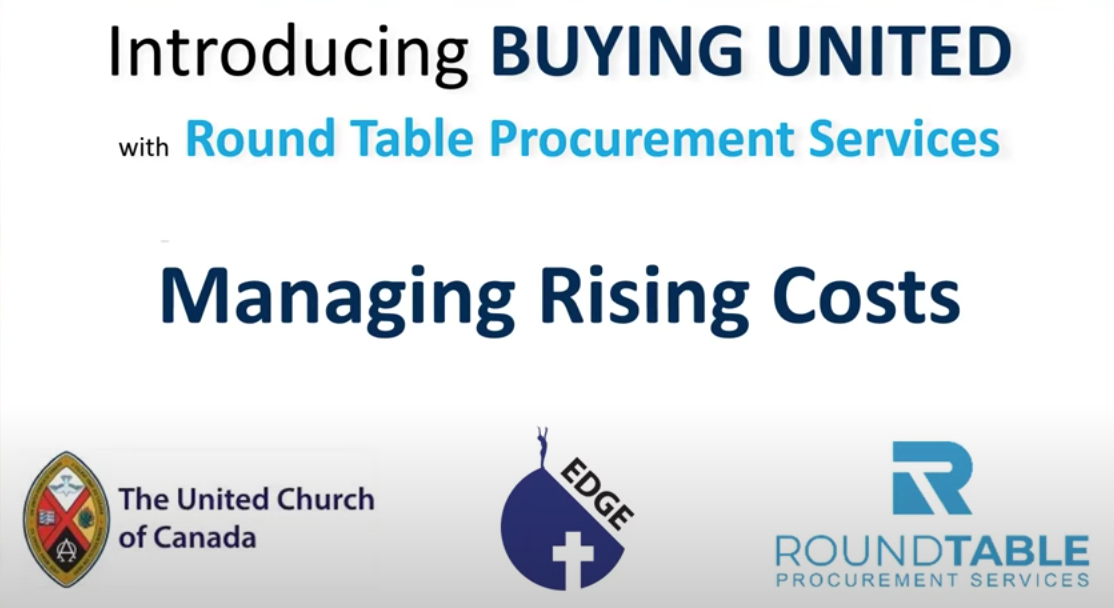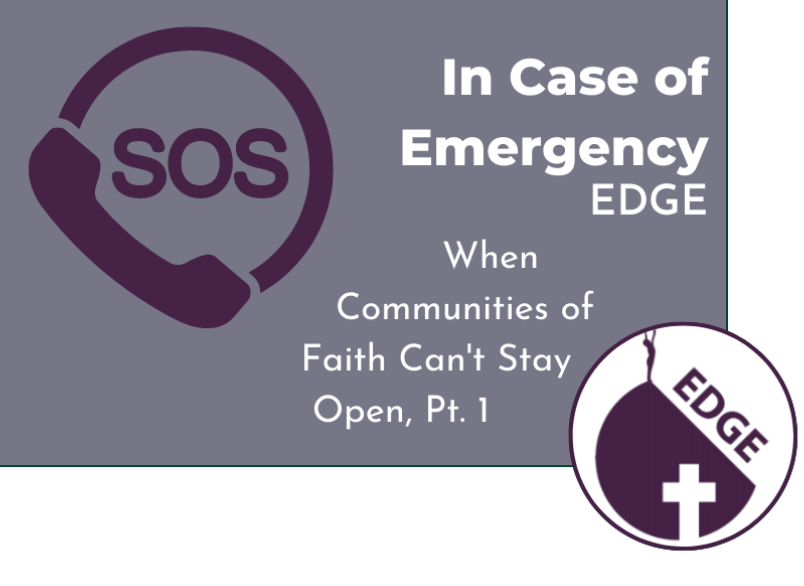Planting Seeds That Welcome Community St. Charles United Church in Headingly, MB, is all about planting seeds—especially seeds that will make our churches and communities more welcoming for everyone! The Rev. Cathy Maxwell, minister at St. Charles United, and Headingly community member Catherine Livingstone, recently spoke with EDGE’s Bronwyn Corlett about a unique project going on at St. Charles United designed to build churches and wider communities that are more inclusive of people with dementia and their families. Livingstone is a community member in Headingly, and part of St. Charles United’s congregation. Her experience in the dementia field doing Psychosocial/Home Support and Advocacy made her the perfect Project Coordinator for One Small Seed, a dementia awareness/education initiative for which St. Charles United had received an Embracing the Spirit grant to build. Initially, the community of faith planned to host an in-person, one-day learning symposium about dementia. They changed the plan in favour of creating seven pre-recorded educational webinars about dementia that they’d offer on a website, free of charge, so that as many people as possible could have access to the information for as long as they wanted. They named the new ministry “One Small Seed” to reflect how they saw the idea, and for how they hoped people would choose to access the information. “People interested in learning about dementia don’t need to plant a whole field at once,” Livingstone explains, describing her hope that people take away “one small seed” of information from each video without feeling overwhelmed. She feels that the presentation of the videos reinforces this learning goal, as people can watch them in a way that lets them learn best: - In any order
- Alone or with other people
- All at one time, or just little bits of a video
Maxwell adds that the website and videos started from a “seed of an idea of just flourished.” She and the team would like to take their education program nationwide, sharing it with other denominations and faith groups. Partnerships with The Alzheimer’s Society of Canada and Just Like Family Home Care moved them toward that goal, and the “phenomenal” response from both the community of faith and the community at large makes them want to reach out more. However, getting the word about the initiative has been, and remains, one of their biggest challenges. Livingstone talks about how videos were carefully created to be conversational in tone, including voices with lived experience, but how they also call on experts from around the country and internationally. “The information is there for people who want to explore the intersection between faith and spirituality and dementia,” she says. She and Maxwell are committed to determining how to best make people aware of it. How can communities of faith create similar initiatives? Livingston draws on advice from St. Andrew’s, a church in Scotland involved with the project: Just do it! Don’t overthink it. “Be messy…roll with it as it goes.” Livingstone says. “Be open to change and to opening the idea as you need to,” Maxwell adds. The videos are all free with no login required to access them.
Visit the One Small Seed website to view them, and watch the full EDGEy conversation on EDGE’s YouTube channel. [Image credit: canva] | 



No comments:
Post a Comment